Passionate about travel and outdoor escapes, Jeanne Rondeau-Ducharme — photographer, author, and Parmi ambassador (@jeannemap on Instagram) — embraces the do more with less mindset.
Published in spring 2025, her book Le Québec en prenant son temps – Mon guide pour voyager lentement draws inspiration from the principles of slow travel, a movement gaining momentum around the world.
We sat down with her to better understand this way of traveling — one that many describe as more mindful and more responsible.
See Less, Experience More
Slow travel is a mindset that values the quality of experiences over the number of places visited. It’s about taking your time, soaking in your surroundings, and building meaningful connections with people along the way.
For Jeanne Rondeau-Ducharme, it’s a more conscious, more sustainable way of traveling — the opposite of mass tourism.
“When you adopt this mindset, you have to let go of the bucket list,” she explains. “You accept that you won’t see everything in the destination you’re visiting. Slow travel invites us to be intentional — to ask ourselves what kind of experiences we truly want. What do I want to take away from this trip? The goal isn’t to do it all — it’s to do less, but better, and to reflect more deeply on what we want to get out of our time away.”

More Sustainable, More Restful, More Affordable
Around the world, more and more seasoned travelers are choosing to slow things down. And it seems this trend is here to stay — with good reason, as slow travel offers a wide range of benefits.
First, it’s more sustainable, Jeanne explains, because it encourages active transportation and the use of public transit. Many slow travelers opt to explore on foot, by bike, by bus or by train — turning the journey itself into part of the experience. Some also embrace “leave no trace” principles or regenerative tourism, which aim to minimize environmental impact and even leave places better than they were found.
It’s also a more restful way to travel, since it allows visitors to follow their own pace and energy levels, rather than cramming in back-to-back activities. In doing so, the experience becomes more meaningful, with a focus on authenticity and deeper connection. It’s not only more enjoyable — it’s less stressful too.
By traveling slowly, you do fewer activities, visit fewer tourist sites, stay longer in the same accommodations, and naturally, spend less. That makes it not only a more conscious way to travel — but often, a more economical one as well.

Living in the Moment
When planning a trip abroad, many of us spend weeks preparing — making long lists of “must-sees” with the goal of missing nothing. But according to Jeanne Rondeau-Ducharme, this fear of missing out is actually at the heart of the problem.
“We need to step away from that mindset. To get the most out of a travel experience, we need to leave room for spontaneity — and give ourselves the freedom to slow down.”
A concrete example of slow travel? Spending a full week in a small village, with no detailed itinerary, instead of trying to cover an entire region in just five days. The idea is simply to go somewhere — and enjoy it.
It’s a mindset that invites us to live in the moment. To shift from doing… to being.

Slow Travel: Do More With Less
Slow travel is a meaningful expression of the do more with less philosophy — a sustainable mindset that applies to nearly every area of our lives. It’s a way of living (and moving) that’s better for the planet, and deeply aligned with Parmi’s core values.
More mindful and more responsible, this approach helps reduce our environmental impact while offering travel experiences that are both more restful and more enriching.

Excerpt from the book Le Québec en prenant son temps – Mon guide pour voyager lentement, by Jeanne Rondeau-Ducharme (Éditions Cardinal, Spring 2025, French only):
Setting an Intention
“Taking the time to reflect on the reason behind an upcoming trip — to ask yourself: What is the intention? — is an approach suggested by Laurie Michel.
Before even beginning to plan your stay, it’s worth asking a few simple questions: What are we hoping to find during this trip? Are we doing it to rest? What’s our current energy level? Are we looking to step out of our comfort zone? To learn? To dive into the unknown?
This small but meaningful exercise helps clarify the kind of experience we truly need — the one that will do us good.
Maybe a getaway to Montréal in the height of festival season isn’t the best fit when your energy reserves are running low.”

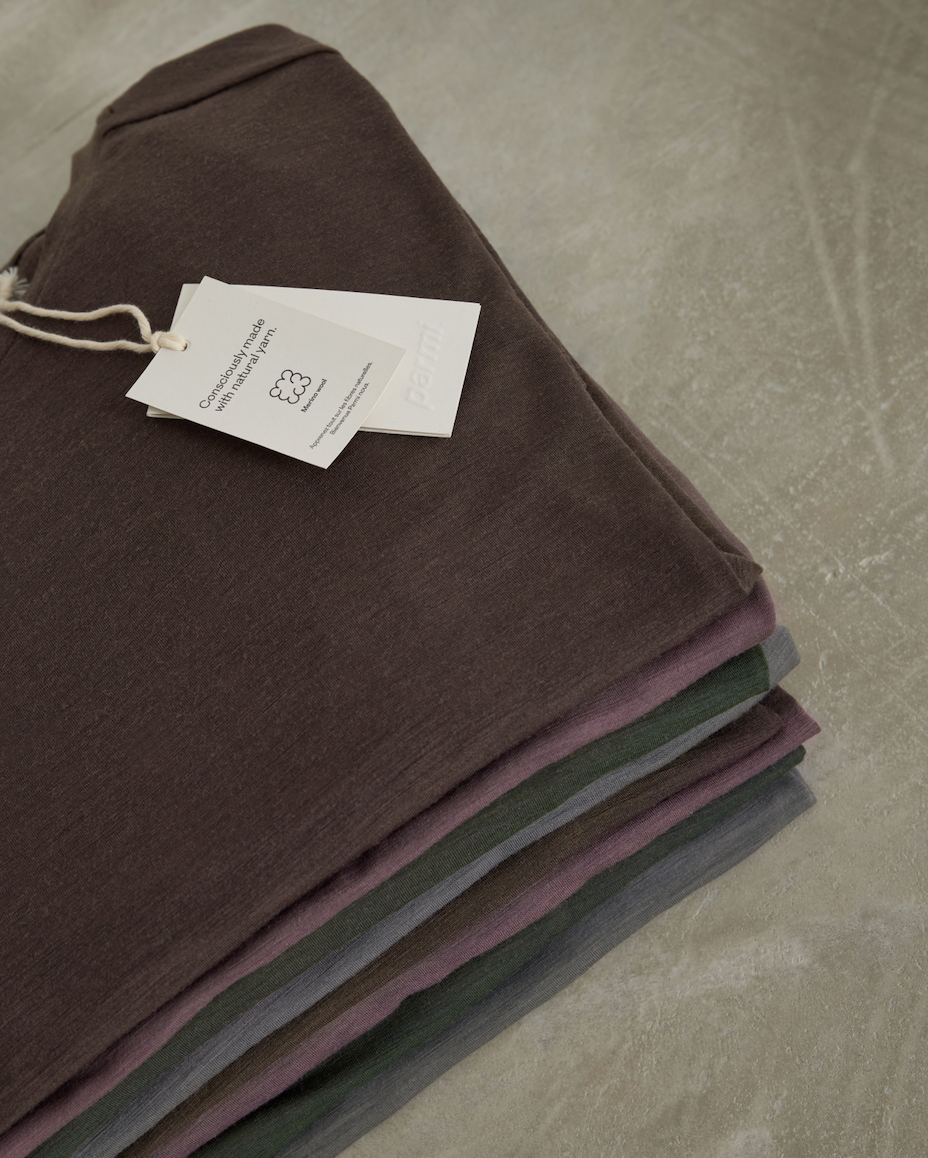
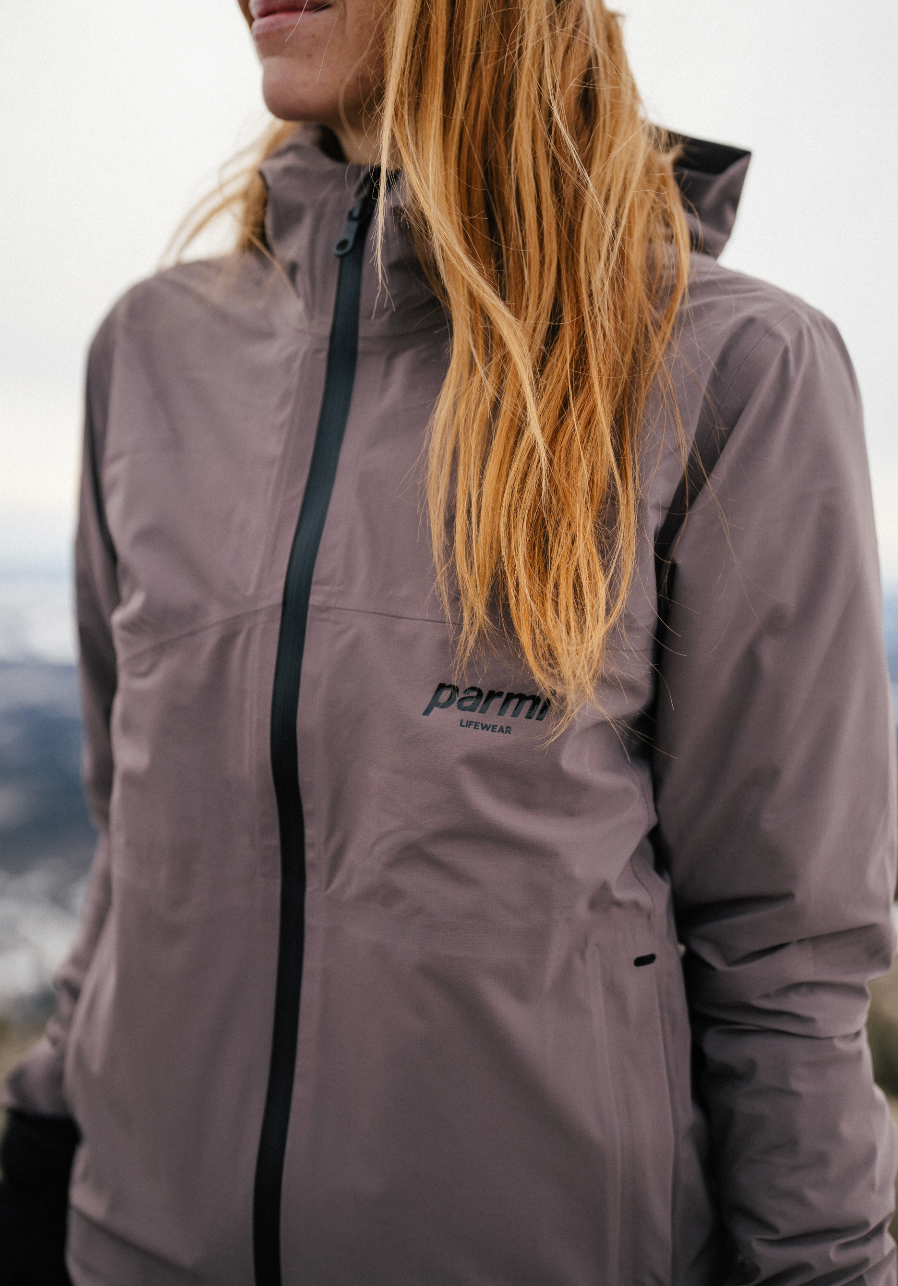

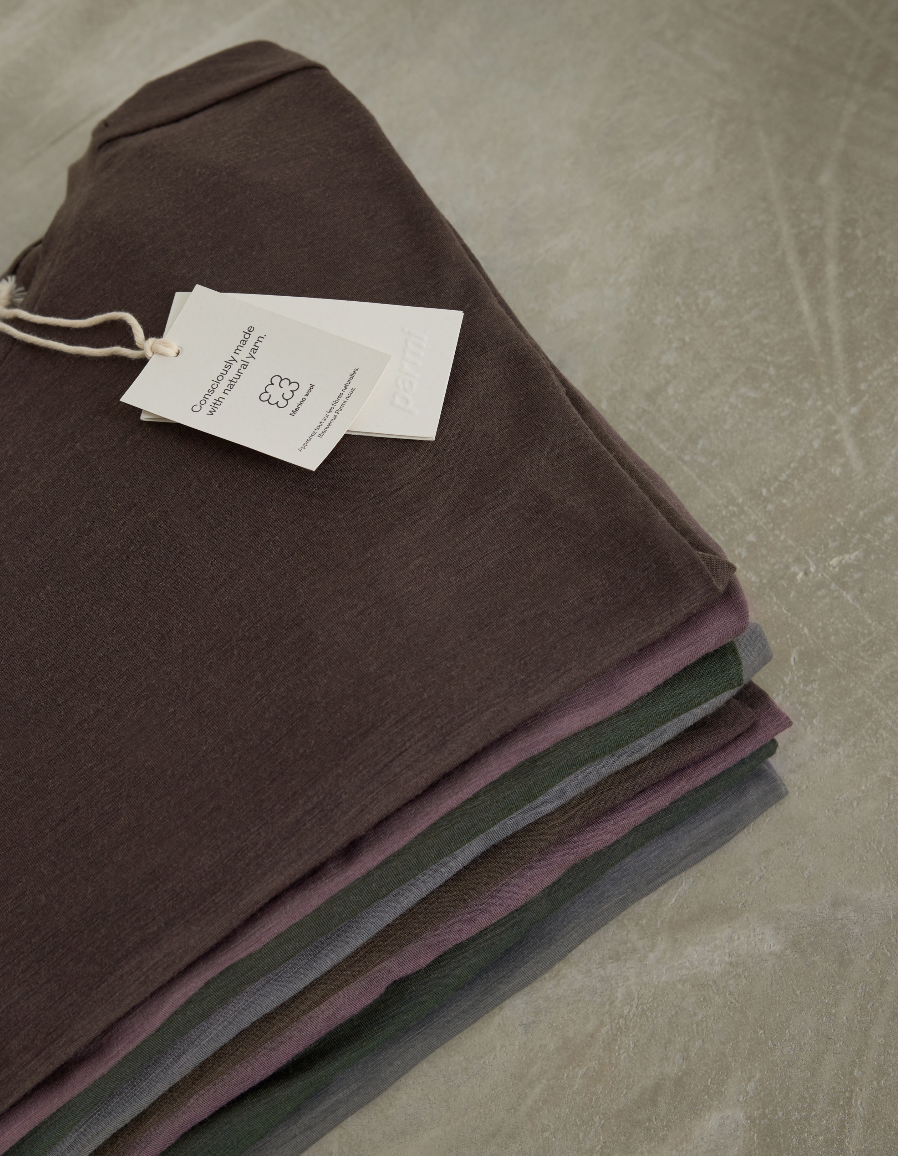
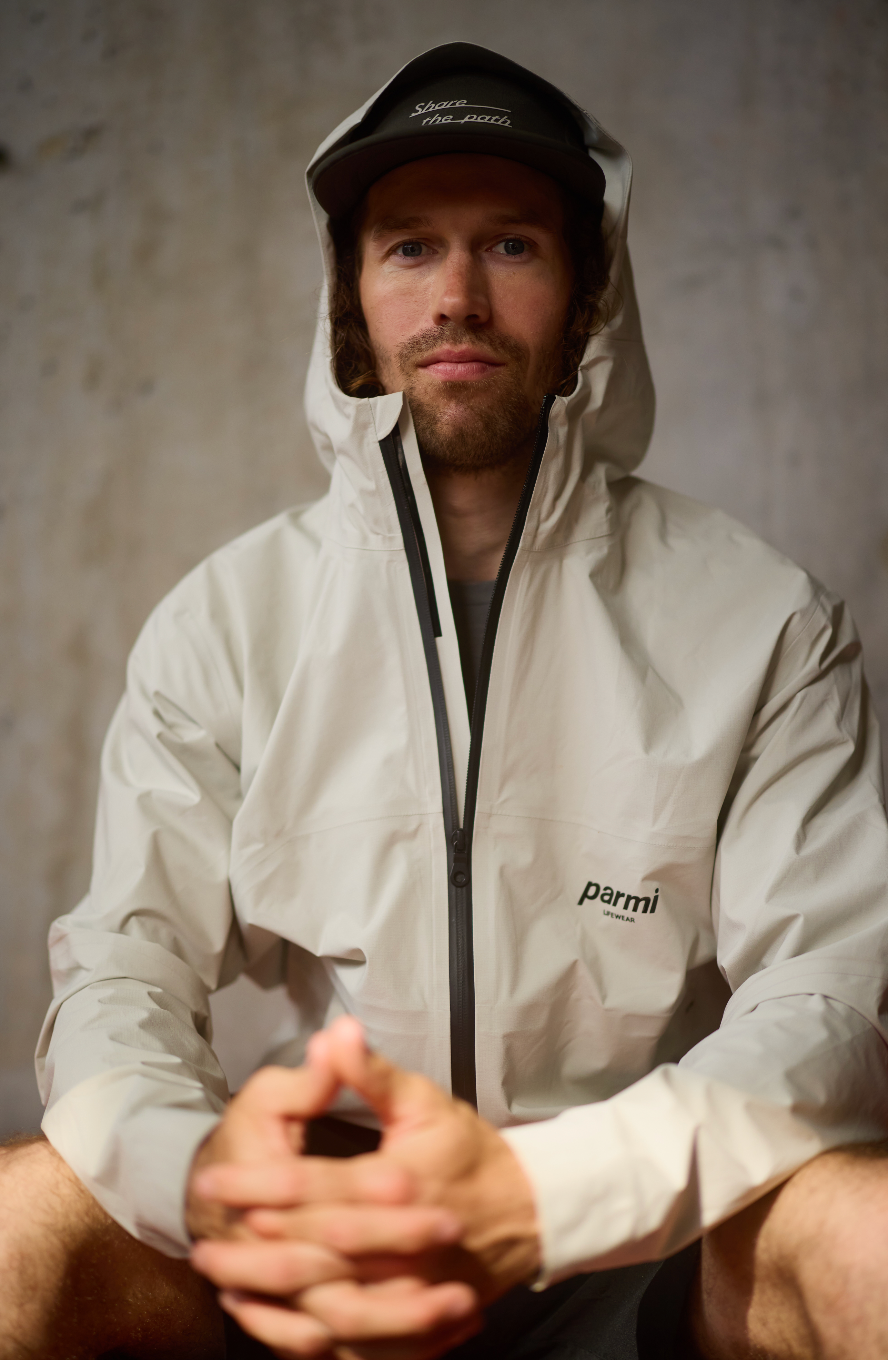


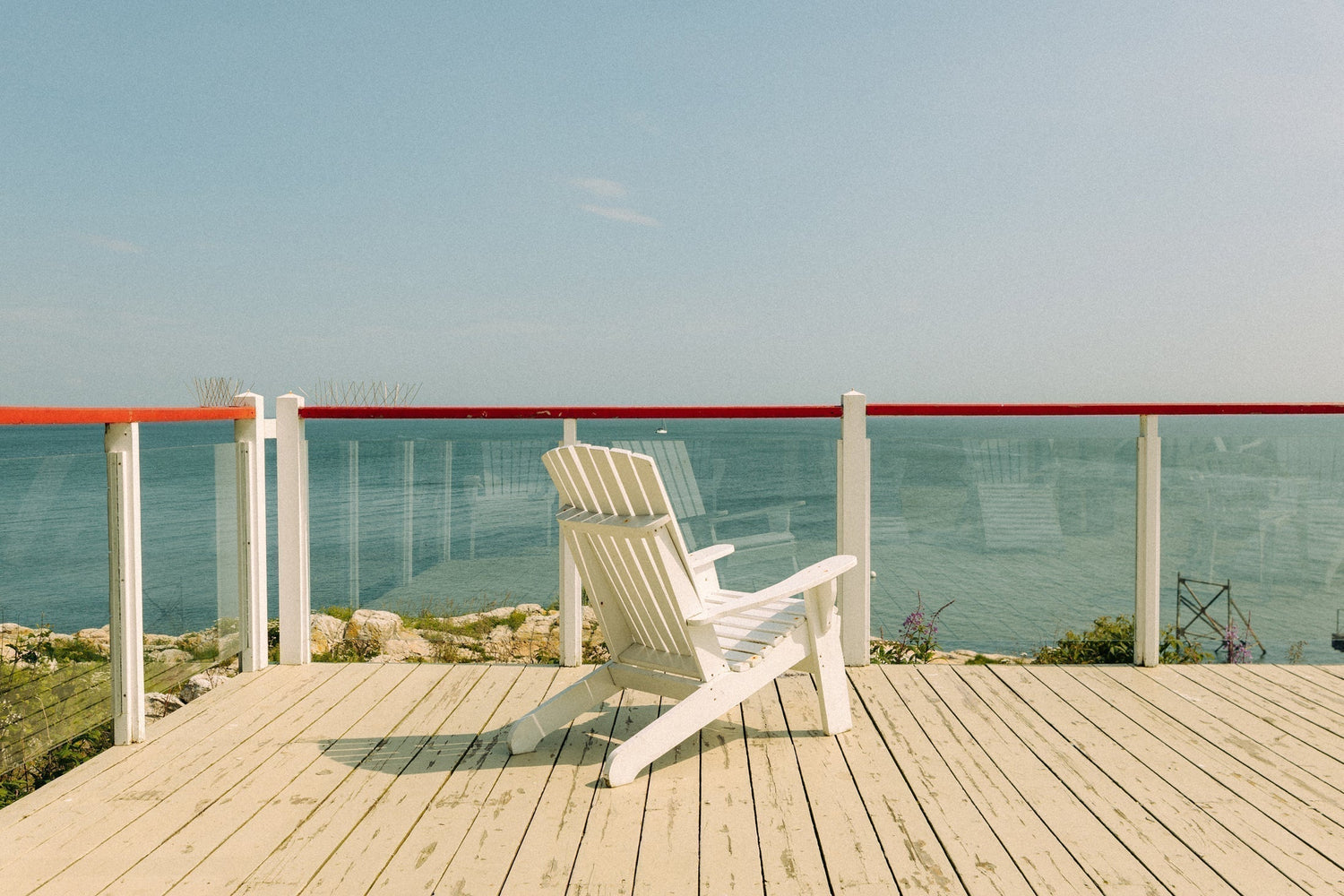

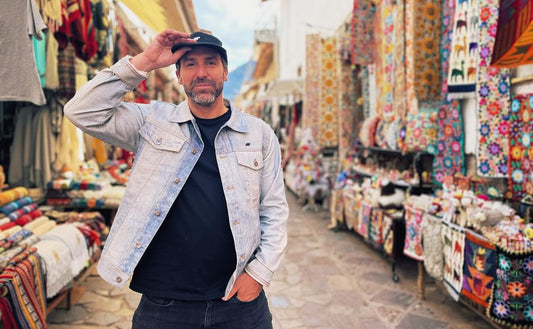

2 Comments
Je suis en total accord avec cette façon de faire, et c’est ainsi que nous aimons voyager moi et mon conjoint
Chaque lieu visité ou l’on tient à s’y déposer pour vivre le moment avec la culture et les habitants,
On se donne le droit de ne pas suivre l’itinéraire et de se laisser aller au goût du jour
Parfois on dort et on étire le plaisir de flâner parfois on se lève tôt pour une activité sélectionnée et en tout temps on étire nos soirées pour se laisser bercer par les lumières et les vibes de la nuit, car la ville change de tempo à la tombée de la nuit et ça nous permet de découvrir plus de liberté d’espace et de merveilles au cœur de la noirceur
Prendre le temps c’est l’intention derrière chaque voyage
Prendre le temps d’observer
D’écouter de se recharger et de se plonger dans leur univers
Merci
J’adore ce post et étant moi même un adepte de Parmi et de voyage j’adore ce texte. Je vais aller assurément me procurer ce livre . Merci d’être Parmi nous!